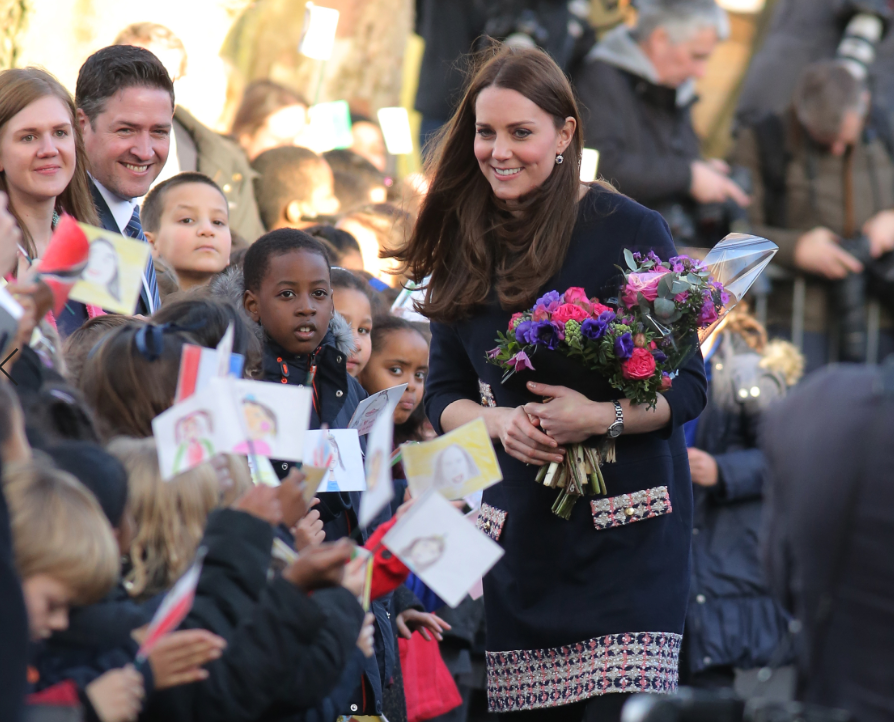The Duchess of Cambridge Kate Middleton is sparking a national conversation today by launching a UK-wide survey to help improve early childhood. Senior Lecturer Mary Wood explains why studies like this are so important.
The five-question online survey aims to “spark national conversation” and asks participants for their opinion on what influences development and what period of childhood is most important for children’s happiness.
Understanding early childhood development and early intervention is a fundamental component that underpins teaching and learning on BA (Hons) Early Childhood Studies programme at Canterbury Christ Church University.
Our students are the practitioners of tomorrow, working in our schools, early years care and education provisions, in health and social services, and early intervention services.
Early intervention concerns every professional working in the early years, be this in homes, institutions and the wider community.
Our aim is for students to become effective interventionists, the change-makers in the lives of children and their families by understanding and being able to utilise the science and theories of early childhood development and learning. This includes, for example, the importance of the prenatal environment and the impact that generational disadvantage and poverty has on the health and welfare of parents, the foetus, the infant and the first 1000 days of a child’s life.
This includes appreciating the impact pervading disadvantage has on communities where community wellbeing is essential to the welfare and development of children be this the early years teacher, the family support worker, as well as physical places and spaces to play and grow.
Students study the nature of early intervention from a range of perspectives that include national and international social policy, community action, and research-informed practice.
In particular, students connect early intervention with supporting families to discover and recover their potential as parents, a potential that can be ground down by persistent adversity and disadvantage, this includes inherited disadvantage that can be seen to be passed down through the generations. Rather than encouraging dependence, students consider what it means to intervene early through appropriate help and support that seeks to build human and social capital as well as child and family wellbeing and resilience.
A core theme to early intervention is advocacy for the child and for parents, bringing both to voice. Children are considered as human beings with agency, ideas and rights to be respected. A simple example of advocacy is challenging and changing the language we use about children and around children. For example does this outdated expression ‘the terrible twos’, a label that can mislead our actions and our interventions. Instead, we talk about the wonder years of early childhood where children develop into the person they are meant to become. To work as advocates for children and their families, students learn what it is work in communities and with communities, how to represent the needs of individuals and groups, babies, young children and their families who are unable to express this for themselves. In practice, placements and through their research projects students experience how to work together with other early years professionals, parents and children to secure the life chances of the next generation.
Which is why the Duchess of Cambridge’s initiative to “spark a national conversation” about the importance and wonder of early years is a truly welcome one.
Mary Wood is Senior Lecturer in Faculty of Education.
 Expert comment
Expert comment Emma Grafton-Williams
Emma Grafton-Williams 1629
1629


